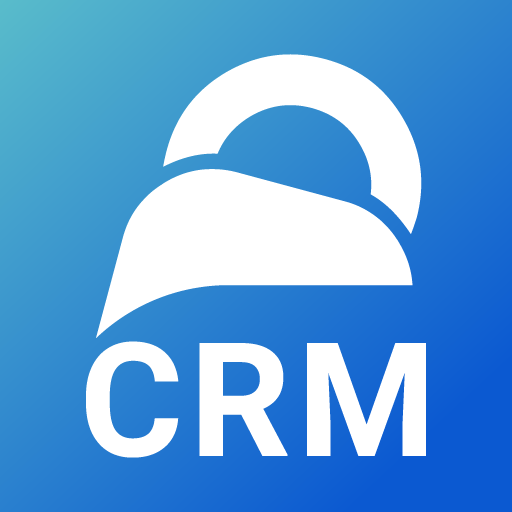As businesses grow, managing operations with spreadsheets or disconnected tools becomes inefficient and error-prone. That’s where Enterprise Resource Planning (ERP) software steps in. ERP software helps organizations integrate and manage their core business processes within a single system.
In this guide, we’ll explore what enterprise resource planning software is, how it works, its benefits, and the top ERP solutions in 2025 for companies of all sizes.
What is Enterprise Resource Planning (ERP) Software?
ERP software is a unified platform that manages and automates finance, inventory, procurement, human resources, customer relationships, manufacturing, and more. It serves as the central nervous system of a business, helping teams share data, streamline workflows, and make informed decisions in real time.
ERP systems are available as on-premise, cloud-based, or hybrid deployments, and many offer modular architecture, allowing businesses to implement only the features they need.
Key Modules of ERP Software
✅ Financial Management: Accounting, budgeting, revenue recognition, tax compliance.
✅ Supply Chain & Inventory: Procurement, warehouse management, shipping, logistics.
✅ Human Resources: Payroll, benefits, employee self-service, compliance.
✅ CRM: Customer interactions, sales pipeline, and marketing automation.
✅ Manufacturing: Production planning, BOM, shop floor control.
✅ Business Intelligence: Real-time dashboards, analytics, KPIs.
Benefits of Using ERP Software
🔹 Process Integration: Eliminates data silos and improves communication across departments.
🔹 Improved Efficiency: Automates repetitive tasks and reduces manual data entry.
🔹 Real-Time Insights: Access up-to-date information for faster decision-making.
🔹 Scalability: Supports business growth and expansion.
🔹 Compliance & Security: Built-in controls help maintain regulatory compliance.
Top ERP Software in 2025
1. NetSuite ERP
Best for: Growing businesses needing cloud-based ERP with global capabilities.
Features:
- Financials, CRM, e-commerce, inventory
- Multi-entity and multi-currency support
- Real-time dashboards and analytics
2. SAP S/4HANA Cloud
Best for: Enterprises needing intelligent, real-time operations.
Features:
- AI-powered analytics and automation
- Industry-specific templates
- Scalable for global enterprises
3. Microsoft Dynamics 365
Best for: Businesses already using Microsoft Office ecosystem.
Features:
- Modular ERP and CRM integration
- AI-enhanced workflows and forecasting
- Seamless Teams, Excel, and Outlook integration
4. Odoo ERP
Best for: SMEs seeking open-source flexibility.
Features:
- Modular design: invoicing, CRM, HR, manufacturing
- Free community version
- Customizable and extendable
5. Sage X3
Best for: Mid-market companies needing advanced manufacturing and finance features.
Features:
- Financials, inventory, production, and supply chain
- Strong compliance and international support
- On-premise and cloud deployment
Comparison Table: Best ERP Software in 2025
| Software | Best For | Deployment | Key Features |
|---|---|---|---|
| NetSuite | Growing enterprises | Cloud | Multi-entity, automation, CRM |
| SAP S/4HANA | Large enterprises | Cloud | AI analytics, manufacturing, finance |
| Dynamics 365 | Microsoft users | Cloud | Office 365 integration, CRM |
| Odoo | SMEs | Cloud & On-prem | Open-source, customizable modules |
| Sage X3 | Mid-sized businesses | Cloud/On-prem | Manufacturing, compliance, finance |
How to Choose ERP Software for Your Business
1️⃣ Evaluate Your Needs: Start with core pain points—finance, inventory, HR, etc.
2️⃣ Consider Scalability: Choose a system that grows with your business.
3️⃣ Assess Ease of Use: Look for intuitive UI and workflow automation.
4️⃣ Check Integration Capabilities: Ensure compatibility with existing tools.
5️⃣ Plan for Implementation: Work with certified partners or vendors to ensure a smooth rollout.
Conclusion
Enterprise resource planning software is a must-have for modern businesses seeking to scale and succeed. Whether you’re a startup, mid-sized company, or global enterprise, the right ERP system can help you unify operations, reduce costs, and gain real-time business insights.
Explore top solutions like NetSuite, SAP, Microsoft Dynamics, Odoo, and Sage to find the ERP platform that aligns with your goals and industry requirements.
